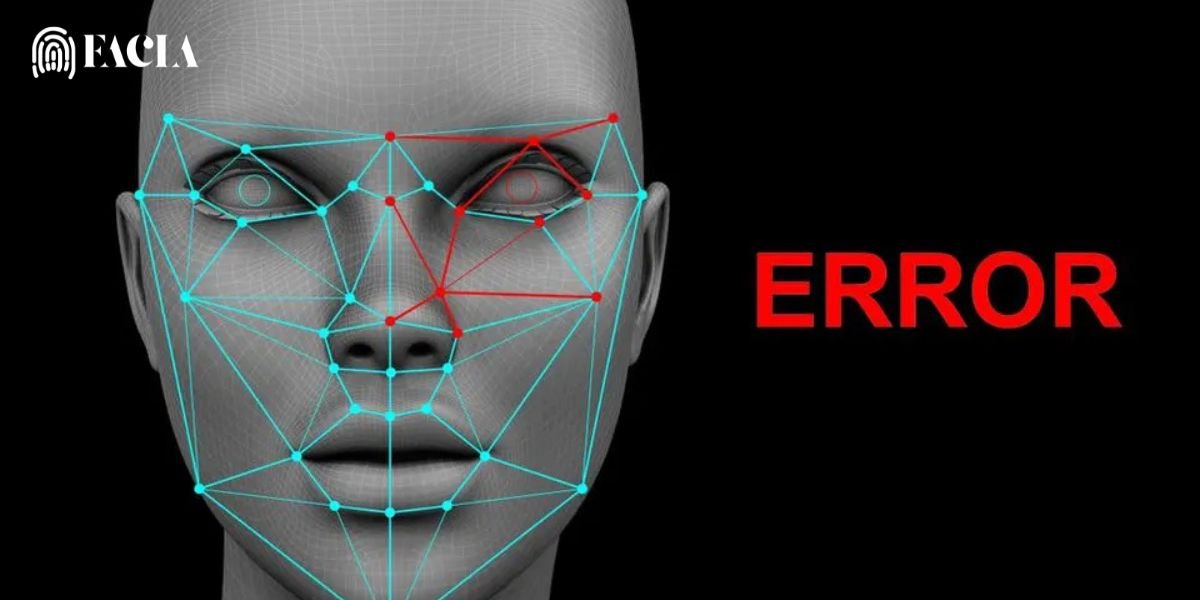In the US, an individual or a business must check if a company is legally registered before making any deal or online transaction with a new company. By knowing your partner’s legitimacy and financial status, you can protect yourself from being the victim of fraud and secure your financial interests.
In this modern digital era, fraudsters are increasingly inclined to claim the legitimacy of online businesses to facilitate illegal transactions. This negatively impacts the U.S. economy and can also result in significant financial losses for you. This guide will explain how to verify whether a company is legally registered in the USA, and we will also provide trustworthy sources for this verification. This way, you can be assured that your online partner company or business is legitimate and trustworthy, helping you stay financially safe.
What Is a Business Registration Verification?
Checking business registration isn’t just about searching its online presence or finding its location on a map, it involves some practical ways to check the documentation and information that proves the business is legally registered with the US government. It also involves checking the business entity’s financial status, ownership structure, and its legal compliance.
Business registration verification provides a protective layer for your B2B deals and ensures your financial benefits. As you already know, your partner’s business is legitimate, financially stable, with real owners’ details and its regulatory compliance.
Company Types for Registration Verification
Companies must be checked to see if they are legally registered in the USA, if they fall into the following categories:
- Corporations (Inc. or Corp.)
- Limited Liability Company (LLC)
- Limited Liability Partnerships (LLP)
- General Partnerships (Verification of local business licenses, where applicable)
- Sole Proprietorships (Verification of local business licenses, where applicable)
The Importance and Benefits of Verifying Company Registration
Checking the company registration is crucial to establish a secure and long-term business partnership. Here is a breakdown of key reasons why verifying the authenticity of a company is important:
Protects You from Being a Victim of Fraud
When it comes to verifying the legitimacy of an entity, fraud prevention is always a top priority. The registration verification can prevent any potential financial losses by identifying the company’s ownership, transactional history, and current business reputation.
Protect Your Financial Stability
Before making any deal or signing a partnership with a new company, it’s crucial to know their current financial health. The KYB checks of the verification process ensure you are working with a legal and reliable entity.
Ensures Legal Compliance and Licensing
In the USA, all businesses are required to operate under state and federal regulations to prevent money laundering, tax evasion, and financial fraud. By verifying that you are working with a legally registered business that complies with these laws & regulations, you can reduce the risk of legal issues and penalties.
Build Confidence for Long-Term Relationships
By knowing you are dealing with a registered business that is financially stable and operates legally, you can trust and confidently sign for long-term collaboration. It requires a deep analysis of the company’s relationship with customers, economic activities, and its current reputation in the market.
Steps to Check if a Company is Legally Registered
It’s important to check that the company is legally registered in the USA before entering into any business relationship. Here are the steps to ensure you’re dealing with a genuine company that operates transparently.
Check Business on the Secretary of State Website
All legally registered businesses in any state of the U.S. are recorded in the database of the Secretary of State (SoS) websites where they operate. You can go to the SoS website of the relevant state and verify the company details using its name or registration number. If a business is missing from the database of its state SoS website, it may not be legally registered.
Confirm Essential Business Licenses and Permits
Certain businesses require permits and licenses issued by the state or federal government to operate legally. Before proceeding with such companies, you must check with regulatory bodies such as the U.S. Small Business Administration (SBA) or state licensing agencies to confirm the company has the required permits and certifications.
Search the Better Business Bureau (BBB) Database
The Better Business Bureau (BBB) provides some confidential information about the company, including customer reviews, complaint history, and overall business rating. You can confidently work with a company with a good rating and more positive customer feedback on the BBB website.
Verify Contact Information and Business Address
Another important step to verify the legitimacy and reliability of a company is to verify its contact information. The authentic company must have a valid business address, phone number, and email. A business entity lacking in providing such information needs to a seriously concerned.
Check Domain Information for Online Businesses
For such businesses that operate online, a WHOIS domain lookup can provide information about the website’s owner, registration date, and location. Well-established and reputable companies typically have older domain records with verifiable ownership details.
Review Company Credit History
Checking the financial stability is mandatory to ensure a beneficial long-term partnership. To verify credit reports, financial risk assessments, and payment histories of registered companies, you can use professional services like Experian, Dun & Bradstreet, and Equifax.
Request Official Documents from the Business
If you’re unsure about a company’s legitimacy, contact the company and ask to provide their official documentation for verification. This can include business registration certificates, tax identification numbers, and legal permits or licenses. A legitimate business will never hesitate to provide these details.
Red Flags in Business Legitimacy Checks
Relying solely on checking whether a company is legally registered in the USA is not enough; cross-checking is also important to validate its legitimacy. For example, if a company’s ownership details differ across sources, it could be a warning sign regarding its authenticity. Here are some key red flags to consider, along with company registration verification.
- Unverifiable UBO Structure: If you’re unable to identify the ultimate beneficial owner (UBO) of a company, it may indicate a deliberate attempt to hide ownership details. A complex, multi-layered ownership structure can suggest efforts to obscure true ownership, evade compliance checks, or conceal illicit activities.
- Mismatched Company Registration Data: Variations in official records, tax filings, contact information, and ownership details can indicate a fraudulent or illegal company. Always cross-check business registration details across multiple sources to ensure accuracy.
- Unsecured or Poor-Quality Website: A legitimate business typically maintains and updates its website regularly. Be cautious of companies with expired SSL certificates, outdated designs, or missing essential pages like About, Contact, and Policies.
- Missing Important Contact Information: A trustworthy business always provides verifiable contact details, including its location, phone number, and email. If any of this information is missing or unverifiable, it can be a warning sign of a fraudulent company.
- Lack of Transparent Documentation: A legitimate company provides official business documents, such as licenses, tax records, and compliance certifications, for verification. A company that hesitates or refuses to share these documents may not be legitimate.





